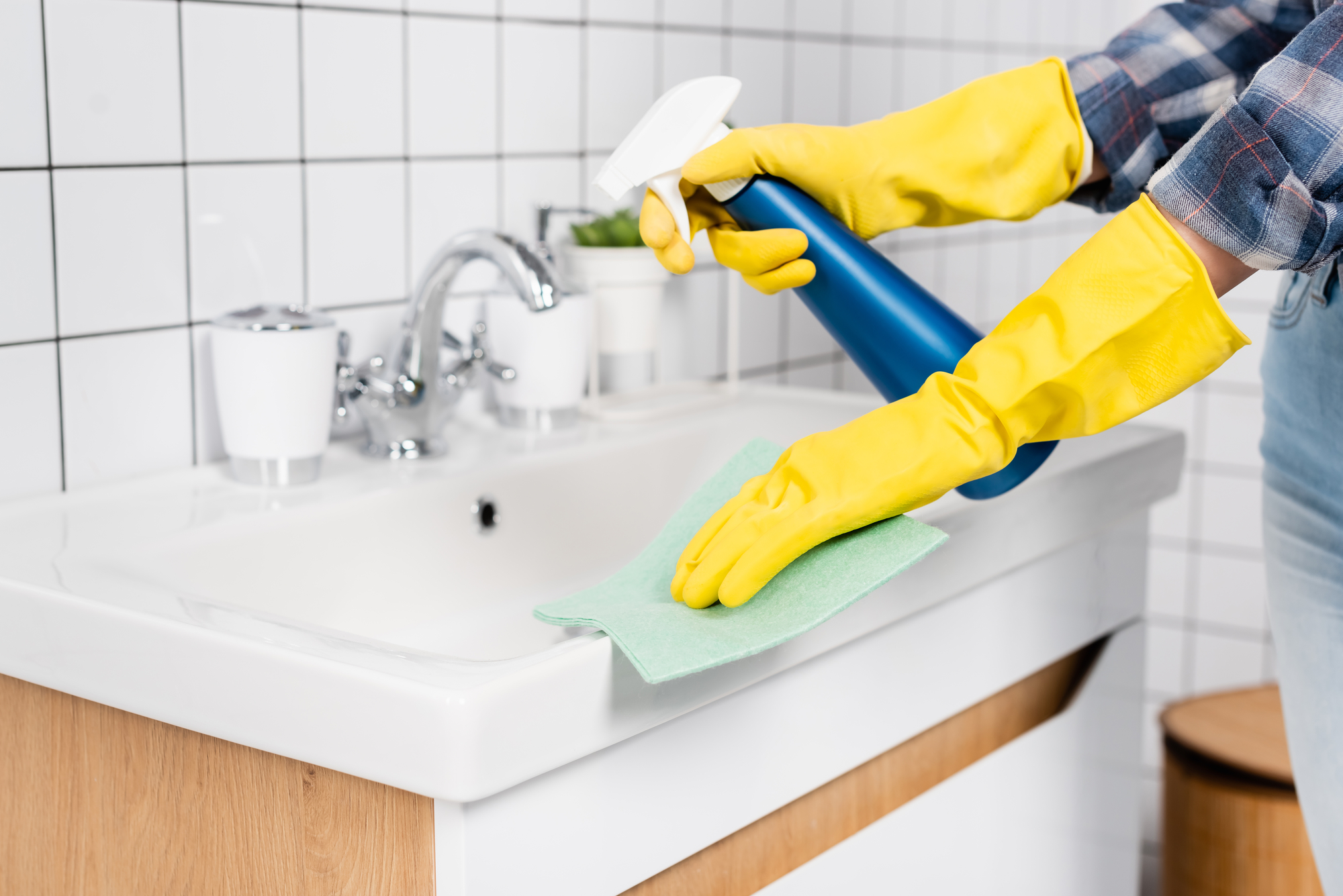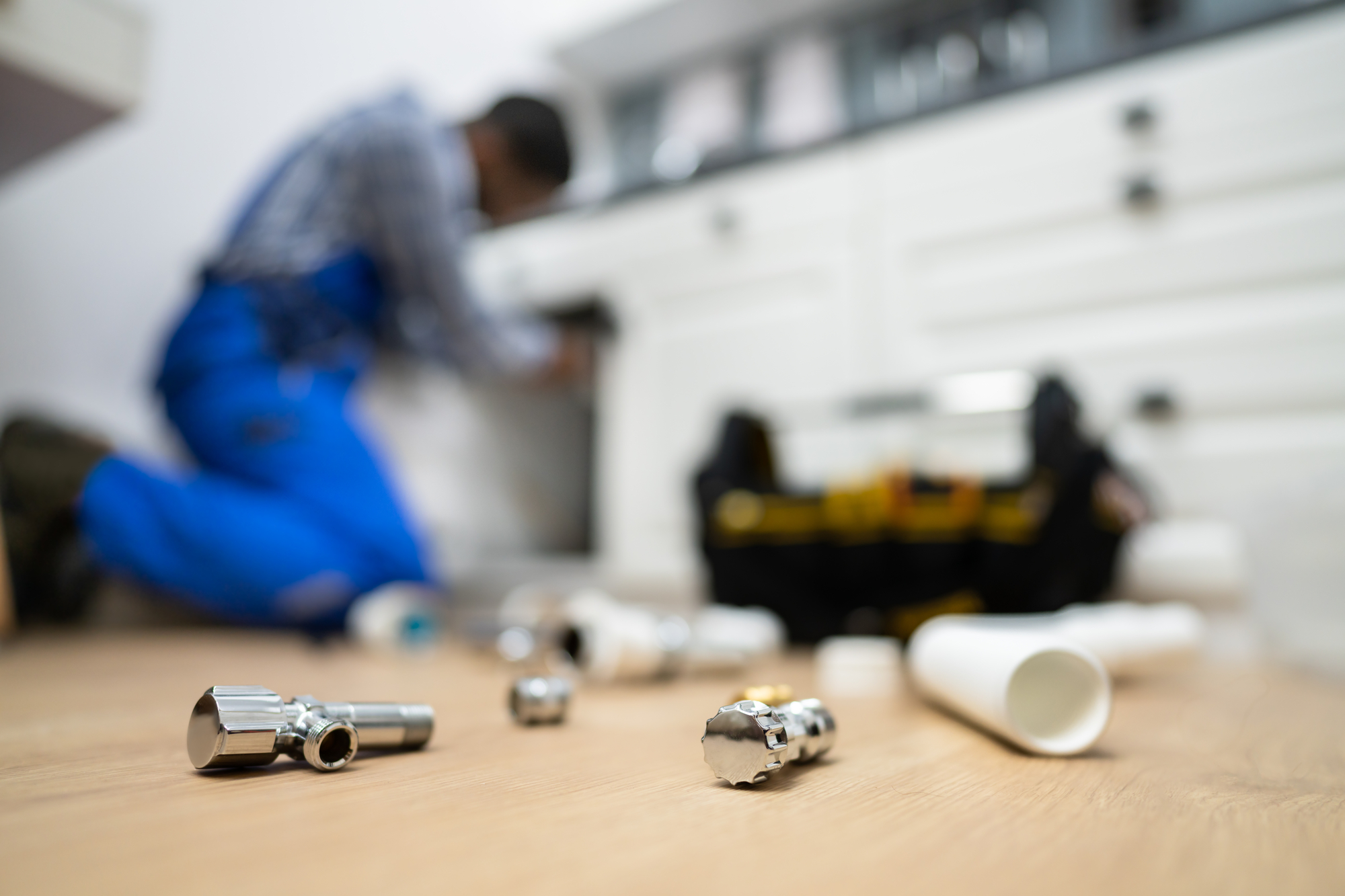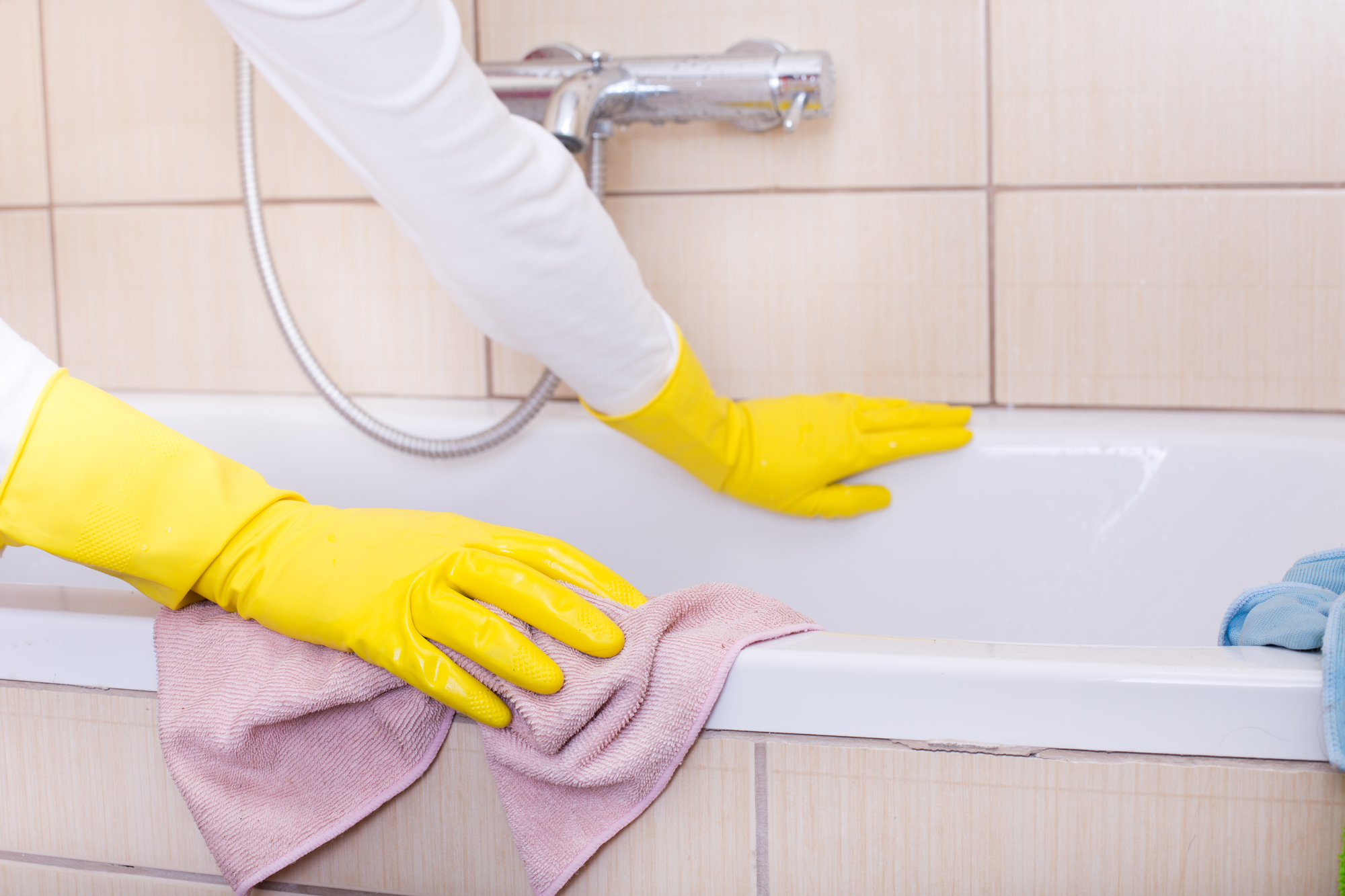Shower and bathtub valves play an essential role in our day-to-day lives. If you’re like most of us, you probably use your shower or bathtub almost every day. Whether you’re cleaning up after a long day at work, washing your children, or just getting ready for the day ahead, your shower and bathtub valves are an essential part of your daily routine. In this article, we’ll take a closer look at shower and bathtub valves, what they do, and how to keep them running smoothly.
What is a Shower/Bathtub Valve?
A shower/bathtub valve is the mechanism that controls the flow of water to your shower or bathtub. It’s usually located behind a wall plate or trim piece, and it can be operated by either a lever or a knob. When you turn the valve, it allows water to flow through your showerhead or bathtub faucet, either from your hot water supply, your cold water supply, or a combination of both.

Types of Shower/Bathtub Valves
There are several different types of shower/bathtub valves, each with its own set of advantages and disadvantages. Some of the most common types of shower/bathtub valves include:
1. Compression Valves: Compression valves are the most basic type of shower/bathtub valve. They use a rubber or plastic washer to control the flow of water. When you turn the valve, the washer is pressed against a seat, which stops the flow of water. These valves are relatively inexpensive, but they can wear out quickly.
2. Ball Valves: Ball valves use a ball with a hole in it to control the flow of water. When the ball is aligned with the water supply, the water flows freely. When the ball is turned perpendicular to the supply, the flow of water is stopped. Ball valves are relatively easy to operate, but they can be expensive.

3. Cartridge Valves: Cartridge valves use a plastic or brass cartridge to control the flow of water. The cartridge contains rubber O-rings and seals that prevent water from leaking. These valves are easy to replace, but they can be expensive.
4. Thermostatic Valves: Thermostatic valves are designed to maintain a constant water temperature. They use a thermostat to monitor the water temperature and adjust the flow of hot and cold water accordingly. These valves are ideal for households with young children, as they can prevent scalding.
5. Pressure-Balancing Valves: Pressure-balancing valves are designed to maintain a consistent water pressure. They use a diaphragm that senses changes in water pressure and adjusts the flow of water accordingly. These valves are ideal for households with varying water pressure.
How to Maintain Your Shower/Bathtub Valve
Regular maintenance is essential to ensure that your shower/bathtub valve continues to work correctly. Here are some tips to help you keep your valve in good condition:
1. Clean the Valve: Dirt, debris, and mineral buildup can cause your valve to become clogged or corroded. Regular cleaning can prevent these issues from occurring. To clean your valve, remove the trim piece or wall plate and use a toothbrush or soft-bristled brush to remove any accumulation.
2. Replace Washers: If you have a compression valve, it’s essential to replace the washers periodically. Over time, the washers can wear out, which can cause your valve to leak. To replace the washers, remove the valve stem and replace the old washers with new ones.
3. Replace Cartridges: If you have a cartridge valve, it’s essential to replace the cartridge periodically. Over time, the O-rings and seals can wear out, which can cause your valve to leak. To replace the cartridge, remove the valve stem and replace the old cartridge with a new one.
4. Check Water Pressure: High water pressure can cause your valve to leak or even burst. Use a pressure gauge to measure your water pressure and make sure it’s within the recommended range for your valve.
Conclusion
Your shower/bathtub valve is a critical component of your plumbing system. Without it, you wouldn’t be able to enjoy the comfort and convenience of a hot shower or bath. If you’re experiencing issues with your shower/bathtub valve, or if you need help maintaining it, be sure to contact the plumbing experts at Ace Plumbing Repair. They can provide fast, reliable service at an affordable price. Don’t hesitate to give them a call at (844) 711-1590 or visit their website at aceplumbingrepair.com.






